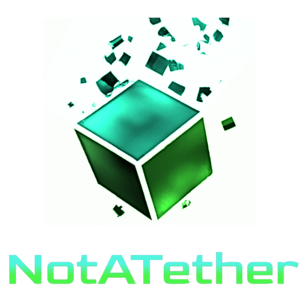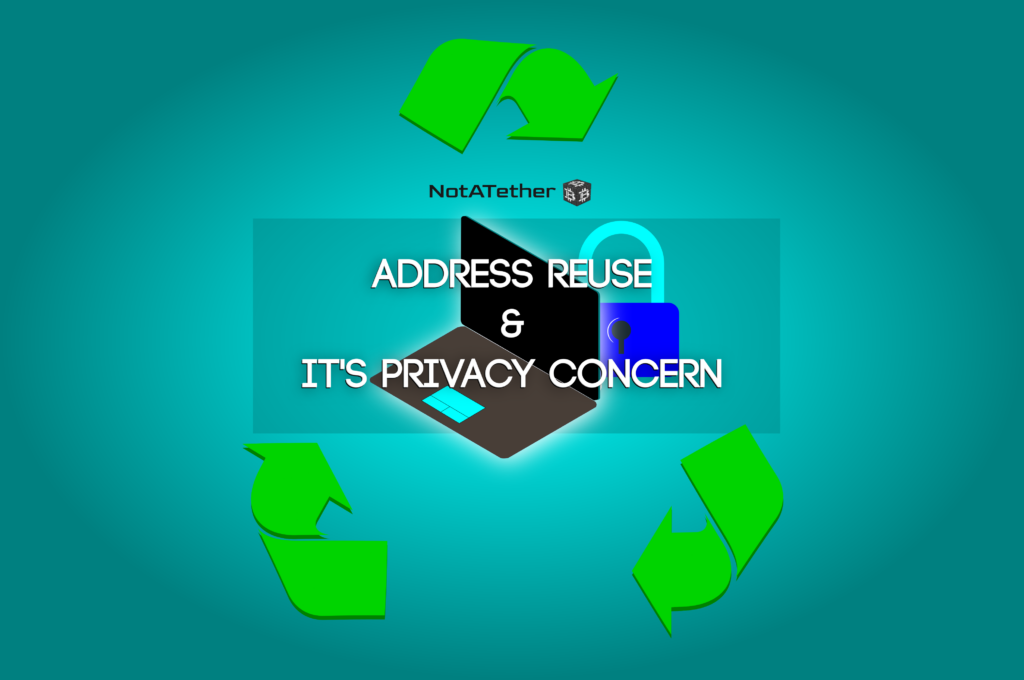What’s A Bitcoin Wallet And Its Types?
We all have used a Bitcoin wallet at some point in time. A Bitcoin wallet is a file that stores our precious crypto for us in a secure manner. We know there are various types of wallets, some are exchange wallets of which keys we don’t own, some are personal wallets of which keys we own, and hence the wallet belongs to only us.
There is a hot wallet which is a virtual wallet connected to the internet then there is a cold wallet which is hardware in which we can store our precious crypto without connecting it to the internet making it much harder to get hacked!
Now, as you probably know, all our transactions get stored in the blockchain, and to prove the ownership of a Bitcoin address, we must know the private key to it. Backing it up with some sort of ways helps us to maintain ownership of that Bitcoin address. Again, with each transaction, we have to back up every transaction if we are going to use a separate address every time, for privacy or other reasons.
What’s Bitcoin address reuse and how did it originate?
In a Bitcoin wallet, how can we maintain the ownership of so many addresses without getting exhausted and so many hassles? To get around this problem, most wallets came up with a single address system, in which we use a single address for payments for both receiving and sending funds. And backing up a single address thus helps us to gain full control over the Bitcoin wallet
Why It’s Good or Bad?
Although Bitcoin reuse has many advantages, like being simple and easy to own, providing the owner goodwill, it has obvious disadvantages which include privacy breach, scrutiny, and a bit of suppression of freedom in finance. Anyone can track our address and if in some way one has revealed which address he/she owns, all their crypto transactions can be easily linked to them. This is exactly the opposite of what Bitcoin was created for!
What’s The Alternative?
To tackle both of the above problems, there came up deterministic wallets. These wallets create multiple wallet addresses every time transaction is done and they are all derived from a single seed which the owner needs to back up, and then the owner owns all the addresses that get generated in the wallet since the addresses are sequential and are all based on the same master seed. Examples of this wallet include Mycelium, Electrum, etc.
Conclusion
As opposed to Bitcoin address reuse, It is very much recommended to use a deterministic wallet if one wants privacy as well the comfort of owning a crypto wallet and storing their coins without much hassle. This will give one a very tight sense of security and freedom and peace of mind while giving all perks of the fundamentals of crypto-currencies!


